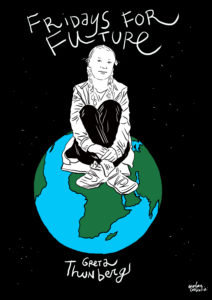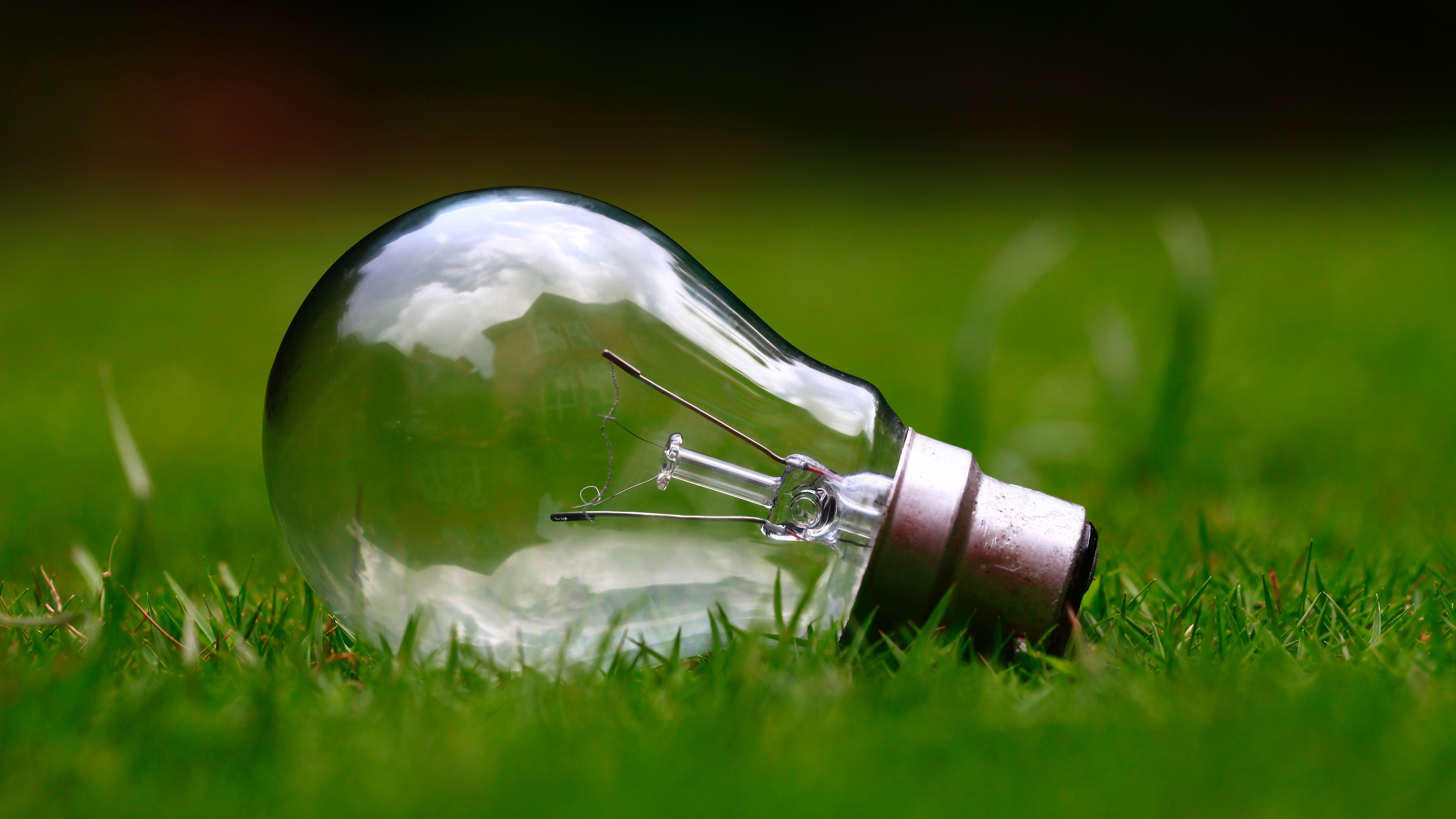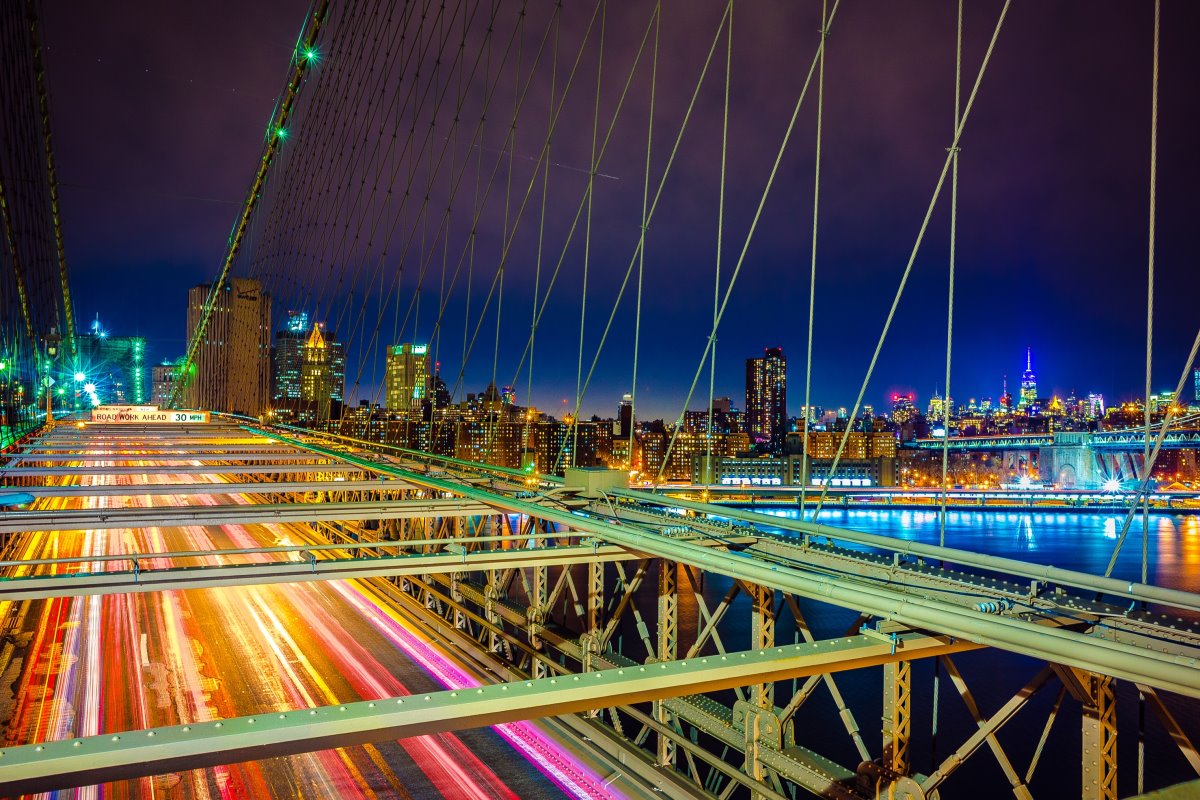Science, politics, businesses and the new generations all met in the Italian Senate, joining in unanimous voice to talk about climate change. Each from their own perspective sending a common message: it’s time to act concretely and swiftly. The President of the Euro-Mediterranean Centre on Climate Change (CMCC) Antonio Navarra, participated in the event organized by President Casellati with contributions from Greta Thunberg, Enrico Giovannini (Italian Alliance for Sustainable Development), Carlo Carraro (President of the European Association of Environmental and Resource Economists – EAERE, and President Emeritus of the Università Ca’ Foscari di Venezia), Daniela Ducato (Edizero Green Industry), Chiara Falduto and Federico Mascolo (www.duegradi.eu).

“We don’t want your selfies but our hopes and dreams.” New generations taking interest in the climate bear the face and words of Greta Thunberg, the sixteen-year-old from Sweden that gave birth to the global student movement currently taking to the streets to raise awareness in adults; particularly politicians and those that have the power to make decisions. Just before the Italian climate strike of Friday the 19th April, the young activist went straight to the point in a fully packed Sala Koch at the Palazzo Madama: “You are stealing our future”, claims Greta as she reiterates her call to listen to science so as to gain awareness and “believe firmly in the solutions at our disposal.”
“Hope cannot be a strategy”
The call to listen to science is made repeatedly, particularly the invitation to listen to what we already know and have at our disposal because “hope cannot be a strategy”, highlights Antonio Navarra, President of the CMCC. “Us scientists analyse the numbers and they are telling us that the climate is changing”, continues Navarra. “By engaging in this work we have gained a good understanding that the climate is not an immutable scenario throughout history, but rather it is an actor that shares our same stage.” The climate interacts with our societies, with our economies and with the environment. We find ourselves facing a vast problem whereby we have placed our planet in an exceptional position and therefore generating extraordinary events.
“How much will it cost? No more than fossil fuels.”
In the last 30 years we have produced this centuries highest concentration of CO2, a situation whose repercussions have cost, in 2018 alone, around 190 billion dollars. In Italy alone this amounts to 6 or 7 billion dollars per year. These are the estimates reported by Carlo Carraro, President of the European Association of Environmental and Resource Economists (EAERE) and professor at the Ca’ Foscari University of Venice. How much will it cost to tackle the situation? “Science puts innovative technology at sustainable costs at our disposal” continues Carraro, explaining that we can’t claim that the solutions are too expensive: estimates tell us that shifting fossil fuel subsidies towards renewables would be enough for a significant step in the right direction. “Young people are right when they say that we need to speed things up – concludes Carraro – we need to start limiting CO2 now, otherwise we will lose credibility.”
“Don’t call it bad luck”
The images of the flattened forests in the Veneto region, damaged by heavy rainfall and other natural calamities are before our eyes. “But, it isn’t a question of bad luck”, explains the President of the Senate, Elisabetta Casellati. Rather, it is the consequence of a combination of lack of care and extreme events that are increasing also because of global warming. “The cause of this situation resides ever-more in lack of action, or even wrong choices and doing too little too late”, continues the President. She also emphasises that Italy is beautiful but fragile, due to its geographical composition and territorial variety, and therefore must act on both an international level as well as with local measures. “Until now our efforts have been too small compared to the challenge we face – concludes Casellati – pointing towards innovation and tradition as the way out. Two factors that when combined can make modernity sustainable.
Climate: weather is changing. It is time to adapt.
18th April Koch Room, Palazzo Madama, Italy.
The session opened with the President of the Senate Elisabetta Casellati. Participants included Greta Thunberg; the founder and spokesperson for the Italian Alliance for Sustainable Development Enrico Giovannini; the President of the European Association of Environmental and Resource Economists (EAERE) Carlo Carraro; the President of CMCCC Antonio Navarra; Chiara Falduto and Federico Mascolo, co-founders of Due Gradi.






